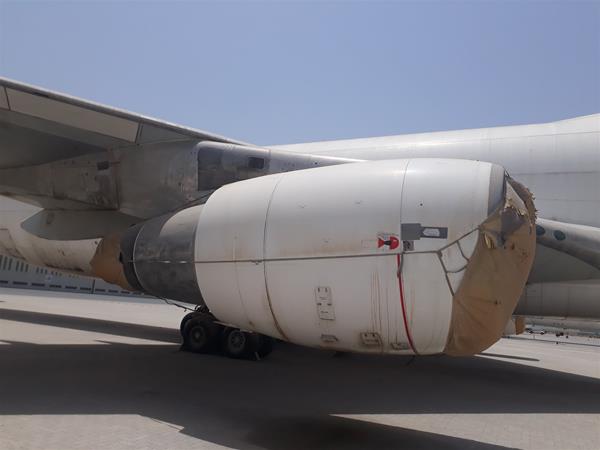North American Aerospace Industries Corporation (NAAI)’s managing principal/general manager, Sven Daniel Koechler, PhD, believes the aviation industry can do more to promote sustainability. “We are about to break ground on our planned aircraft recycling facilities in the GlobalTrans Park in Kinston, North Carolina,” Koechler says. “Although, we are looking to build a profitable business, it is equally important that, in doing so, we apply sustainable practices to protect our environment. We believe all sectors of the aviation industry from recyclers, MROs and FBOs to the airlines and leasing companies should be striving to promote sustainability.”
The company will be constructing one of the largest hangar systems in the world. The three-part hangar system is comprised of a 357,000 square foot dismantling shop, a 151,800 square foot MRO facility and a 102,000 square foot paint shop for both narrow body and wide body aircraft. In addition, there is a 80,800 square foot space designated for storage and offices. Proprietary processes will be applied that will enable multiple aircraft to be processed simultaneously. The goal will be to recycle as much of an aircraft as possible to reflect a zero waste philosophy.
“Sustainable aviation could not be timelier as the pandemic has increased the number of decommissioned aircraft substantially and aircraft bone yards were already very full,” Koechler says. “An estimated 600 aircraft are retired in the U.S. each year. This number is probably 15 percent higher this year due to the pandemic.”
FlightGlobal estimates that 17,000 aircraft will be decommissioned by 2030. This number is increasing with airlines retiring older aircraft earlier than planned due to COVID-19. Parking aircraft for a long time is costly and poses environmental hazards. Faster, more efficient recycling processes can substantially reduce potential risks to the environment, while presenting significant financial benefits to aircraft owners.
